From the Head of Junior School
Mr Glenn Stephenson
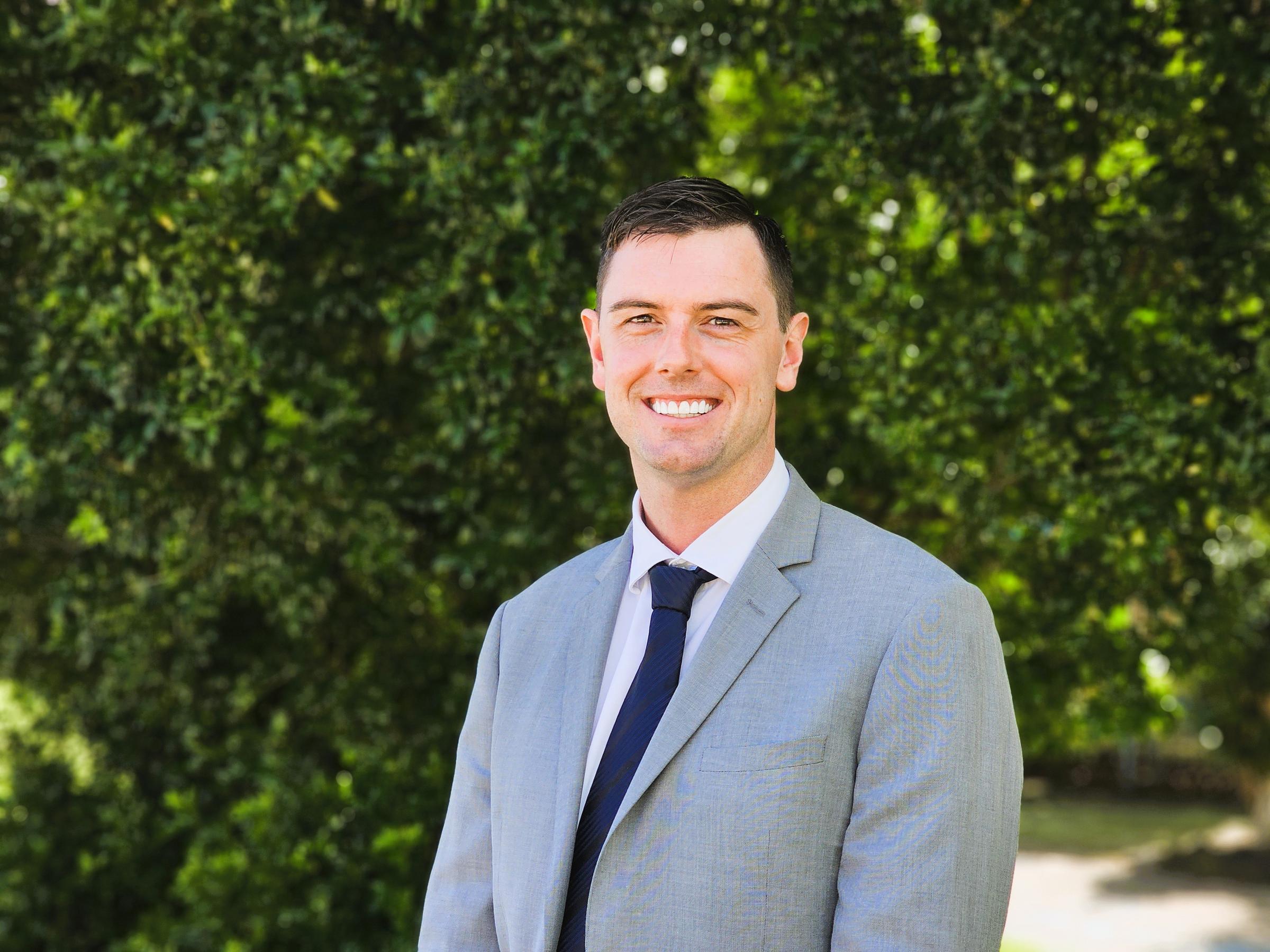
From the Head of Junior School
Mr Glenn Stephenson
“I knew I was giving my child bad advice, but I didn’t know what else to say!”
In my experience, this is one of the most common statements over the years that parents have said when it comes to friendship issues experienced by their children. However, it is important to put these situations in perspective and remember that some students may experience social teething issues as they continue to learn how to navigate everyday spot fires that can occur in their friendships with others. Rather than being something to worry about, this is simply a normal part of understanding and responding to different social situations that are likely to occur as part of schooling. Some students may just need extra assistance when remembering how to navigate socially as part of being a member of the whole cohort of Junior School students!
When parents are activated by their child’s friendship issues, especially if another student has been intentionally mean, it is common for their protective instinct to kick in. This can trigger their own fight, flight, freeze or fawn response, thanks to the autonomic nervous system. These default settings might sound like:
Fight - “Just punch them back!”
Flight - “Go play with someone else!”
Freeze - “Ignore them!”
Fawn - “Be friends with everyone!”
As we aim to support our children in fostering healthy relationships throughout their lives, it is critical that parents understand how unhelpful and, in some cases, dangerous these stress responses can be for children.
A parent whose default setting is to ‘fight’, teaches their child to respond to conflict with aggression and violence. Encouraging a child to get physical as a defence-mechanism immediately escalates the situation, activating anxiety in the child. Most children are not naturally aggressive and they know punching/pushing is wrong and will get them in trouble. When a parent tells a child to do something that is socially unacceptable, it feels deeply confusing for them. Research shows that children are less likely to seek help from parents who promote fighting, often withholding information to avoid triggering anger in them.
A parent whose default setting is to ‘flight’, teaches their child to avoid conflict. This inevitably results in unhealthy friendships that lack trust and respect. When conflicts and frustrations are ignored, resentment builds and connections are fractured. A conflict-avoidant mindset prevents authenticity, transparency and honesty in relationships. It limits the depth of a friendship and, for children, results in the friendship itself feeling tenuous.
A parent whose default setting is to ‘freeze’, teaches their child to bottle their emotions. While ‘fight’ is exploding, ‘freeze’ is imploding. This approach teaches children to shut down, preventing them from processing their feelings. Research shows that repressing emotions only serves to amplify them and can lead to feelings of anxiety. Children who persistently keep their intense feelings in often experience physical symptoms like stomach aches and trouble sleeping. Similar to avoiding conflict, healthy relationships are impossible when one person is unresponsive as relationships are obviously a two-way street.
A parent whose default setting is to ‘fawn’, teaches their child to be a people-pleaser. Fawning is when a child absorbs all the blame, overlooking their own feelings and doing whatever it takes to make the other person happy. According to behavioural research, children who fawn feel disempowered and often end up as the ‘door mat’ in their friendships.
So, what is it that parents can actually do instead to have a more helpful, socially acceptable response to friendship issues their child may experience?
Check-in with yourself –
First, notice how you feel when your child shares their pain with you. Do you feel yourself reacting? Are you getting angry? Is it triggering something inside of you? Which of the four responses (fight, flight, freeze or fawn) can you feel yourself wanting to default to? The key is to remain calm and objective.
In the field of positive psychology, Viktor Frankl has a famous quote. “Between stimulus and response there is a space. In that space is our power to choose our response. In our response lies our growth and our freedom.” This space that Dr Frankl describes is where empathy, compassion, and understanding can keep relationships healthy!
Just by being aware of how you are feeling will allow you to be more mindful in how you respond to your child’s friendship issue.
Focus on your own child –
Secondly, focus on how your child is feeling. Too often parents will focus on the other child (“I can’t believe they did that to you! What’s their problem? Why would they be like that?”), instead of worrying about their own.
Help your child name their emotions. Clinical professor of psychiatry, Dr Dan Siegel, coined the term “name it to tame it” – a very simple, yet effective technique that helps reduce the intensity of feelings by labelling them.
Ask them, “How did that make you feel?”. Give your child time and space to get their feelings out. Let them be upset if needed and just listen to them. Offer a hug, go for a walk or play outside together… simply allow them a chance to get it out.
Ultimately, when you’re both in a calm state, it’s time to be a ‘friendship coach’ and empower your child with evidence-based strategies to solve conflict. Friendship skills are relationship skills! Teaching your child to manage conflict in a healthy way will help to ensure that they have positive relationships throughout their own lives.
Last term, the Junior School successfully launched a peer mentorship program, where our Year 5 students supported our younger students in their friendships during break times.
Our Year 5 students were first introduced to the idea of becoming a ‘Friend-o-Leader’ and were asked to complete an application form. Following this, the selected students involved completed their ‘Friend-o-Leader’ training. They now proudly identify themselves in the playground by wearing their ‘Friendology’ lanyards. Most pleasingly, the Year 5 students have demonstrated the power of student agency by being heavily involved in the planning process; creating rosters, identifying parts of the school where they may be needed and also devising reward systems.
Our model for implementation of the program is research-based and is an example of how peer mentoring results in positive outcomes for everyone involved. The ‘Building Effective Peer Mentoring Programs in Schools’ guide, published by the Mentoring Resource Centre & the U.S. Department of Education, identifies various positive impacts for mentees, including:
For mentors, there have also been many reported benefits, such as:
Since we have launched our ‘Friend-o-Leader’ program, we have had many of our younger students consistently report how helpful our Year 5 students have been in supporting them on the playground and we’ve also seen our Year 5 students demonstrate exceptional leadership skills in the way they work together to help their younger peers. Our ‘Friend-o-Leader’ program has certainly been a win-win for all involved!
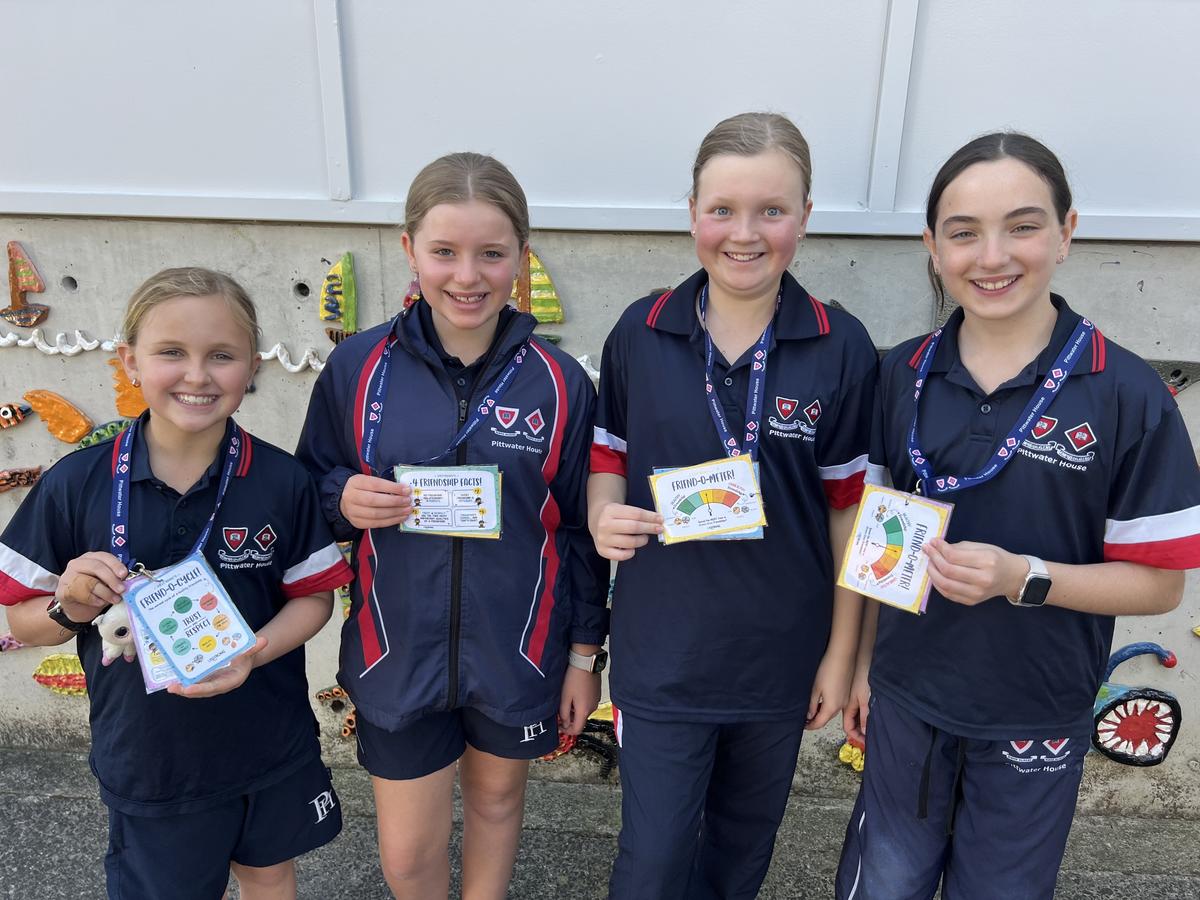
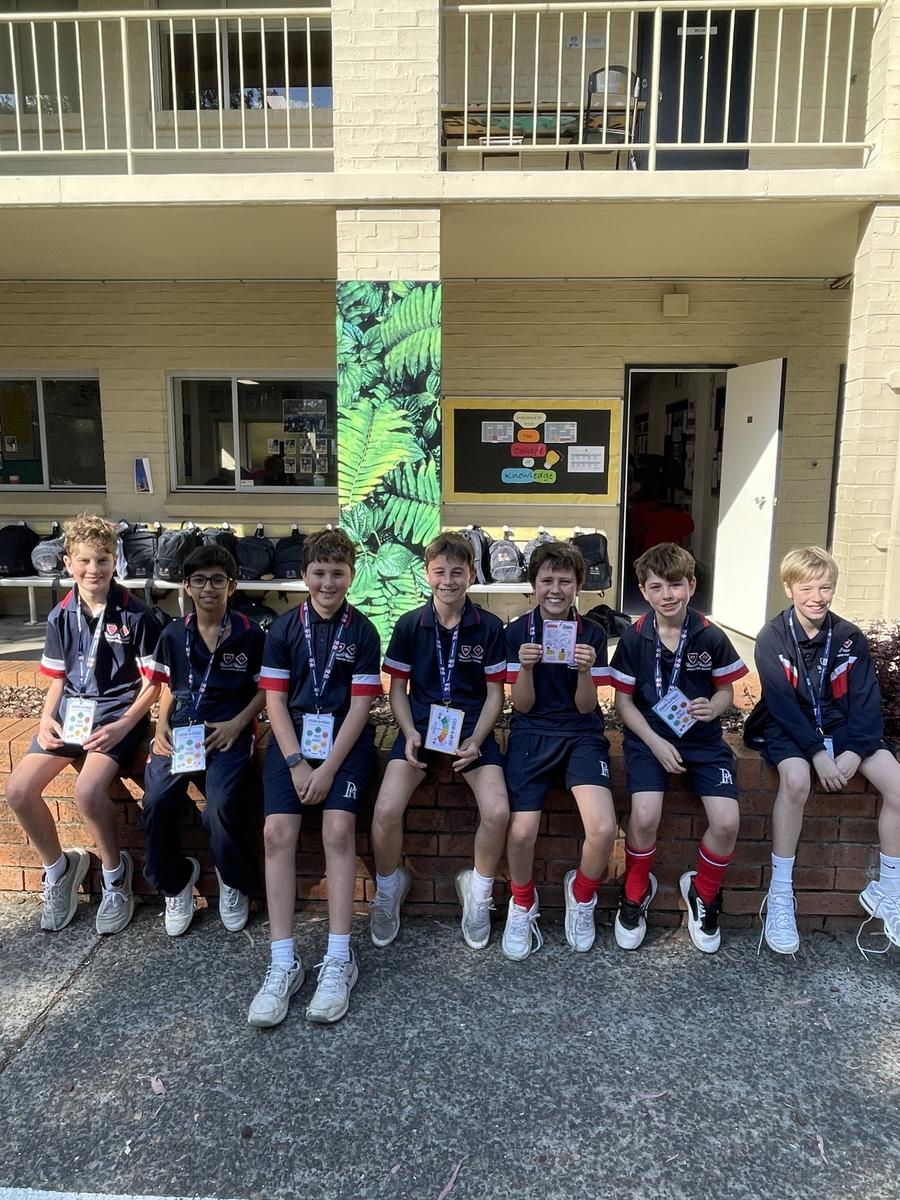
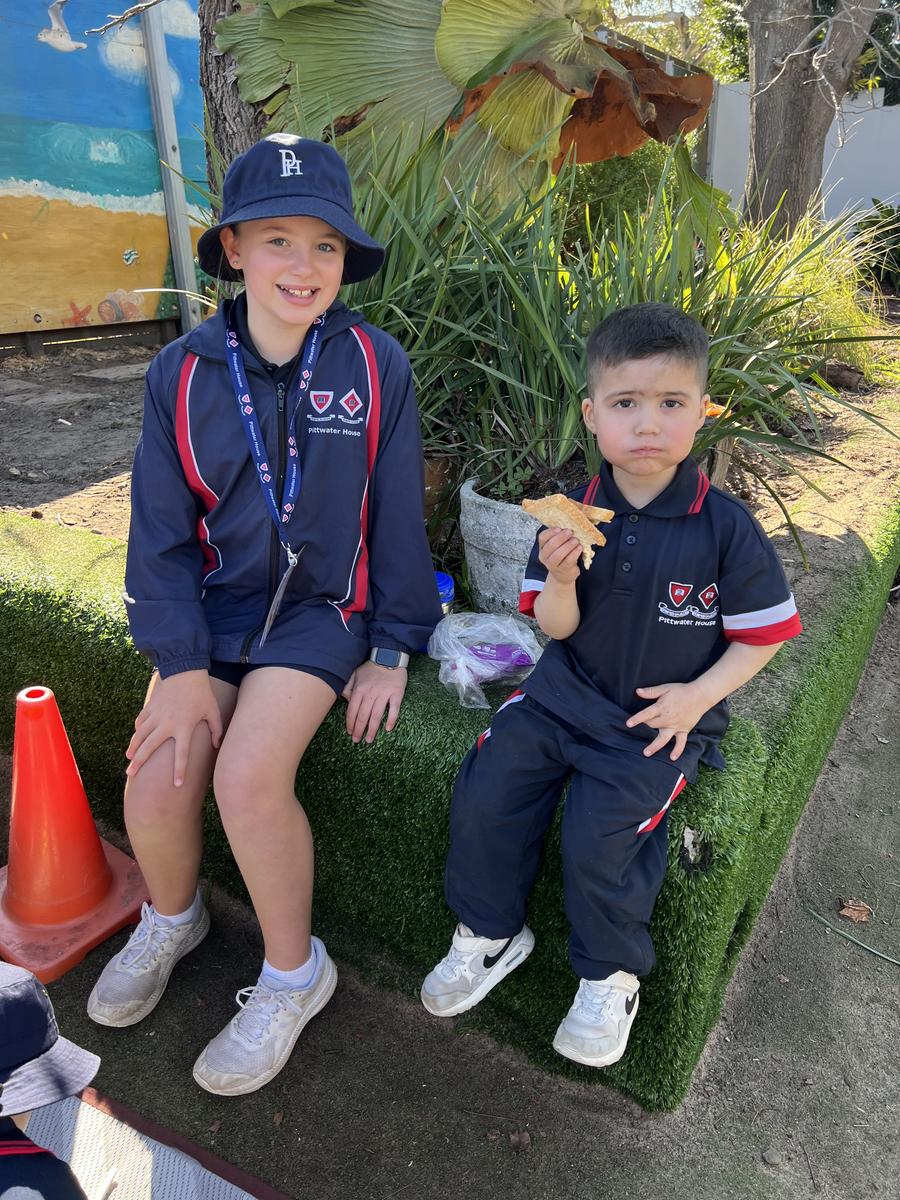
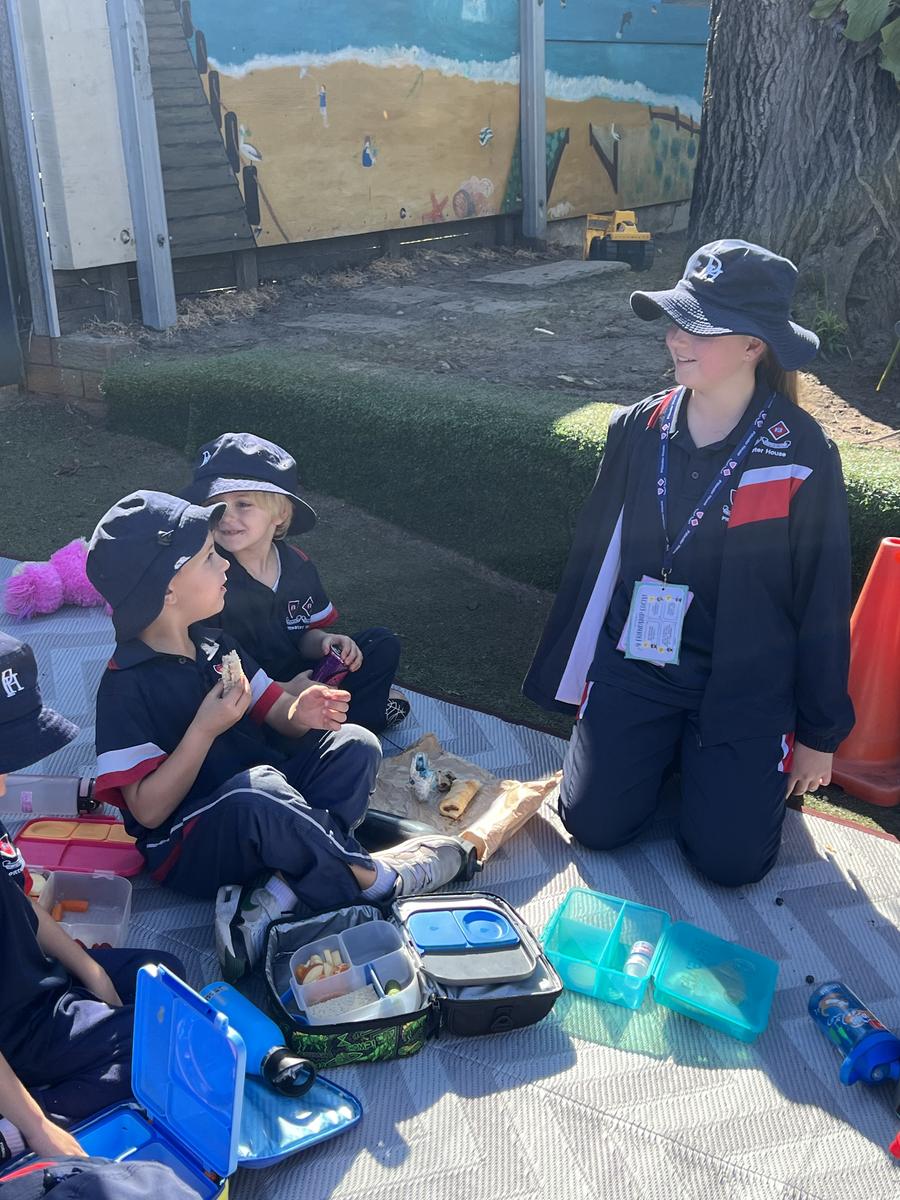




This term, our students have a wide variety of co-curricular clubs to choose from and participate in. These have been established to provide them with a unique opportunity to engage in an area of interest that often sits outside of the usual curriculum. Ranging from boardgames to assistance with homework, and almost everything else in between, there truly is something for every student to be involved in! Many of these clubs are also free to take part in and simply require students to drop in if they are interested.
Please refer to the attachment below to view the complete list of co-curricular club opportunities available to students in Term 3. Please direct any further questions about a specific club to the relevant teacher in charge.
A reminder that Aspire has been handpicked as the Junior School’s new provider for student care outside of regular school hours.
Aspire offers Before School (7.00am – 8.30am), After School (3.00pm – 6.00pm), and Holiday Care (7.00am – 6.00pm) services for all students across Pre-Kindergarten – Year 6.
Please refer to the documentation linked below for further information about the student supervision offerings being provided by Aspire.
To learn more about Aspire's services, fees, and registration process, please visit their website at: https://www.aspire-oshc.com.au/pittwater-house or contact our Area Manager, Hannah Hornery, on: 0484 386 830.
If you have any queries or concerns, please do not hesitate to contact me via email: glenn.stephenson@tphs.nsw.edu.au or phone: 9981 4400 and I will endeavour to assist you in any way that I can.